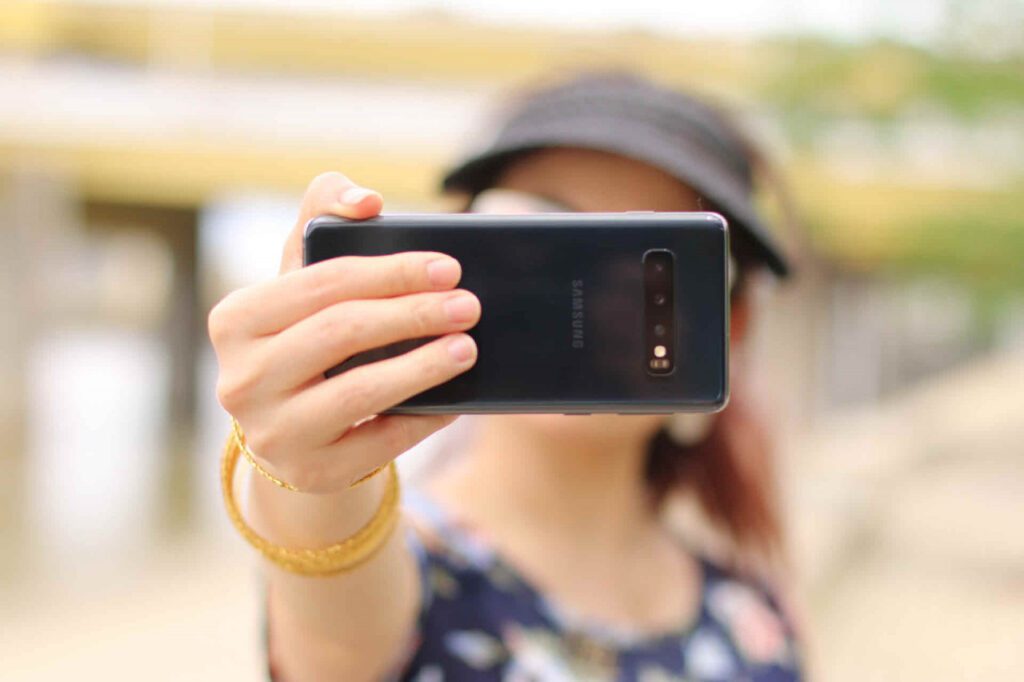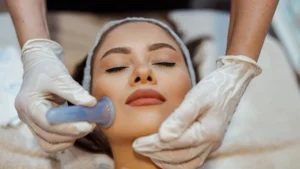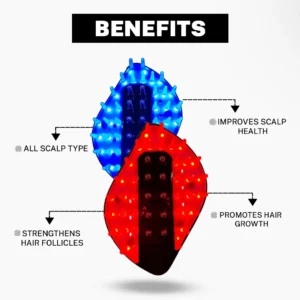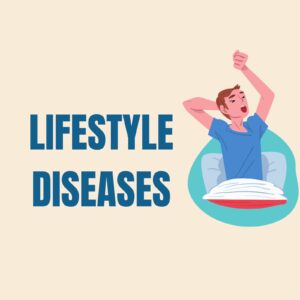Selfie Syndrome – How social media is making people self centered ?

“Selfie syndrome” is a term that refers to a phenomenon where people become obsessed with taking selfies, often to the point where it becomes an addiction or a psychological disorder. The term is not a recognized medical or psychological diagnosis, but it describes a set of behaviors that can negatively impact a person’s mental health and social life.

People who are affected by selfie syndrome may feel the need to take selfies all the time and may become anxious or upset if they are unable to do so. They may also spend a significant amount of time editing and sharing their selfies on social media platforms, seeking validation and attention from others.
Selfie syndrome can also contribute to low self-esteem, as individuals may feel pressure to present a certain image of themselves on social media and compare themselves to others who seem to have a more “perfect” life. In extreme cases, selfie syndrome can lead to body dysmorphic disorder, a mental health condition where people become fixated on perceived flaws in their appearance.
It is important to note that not everyone who takes selfies is affected by selfie syndrome, and taking selfies in moderation is not necessarily harmful. However, if taking selfies begins to negatively impact a person’s mental health, social life, or relationships, seeking professional help may be necessary.








